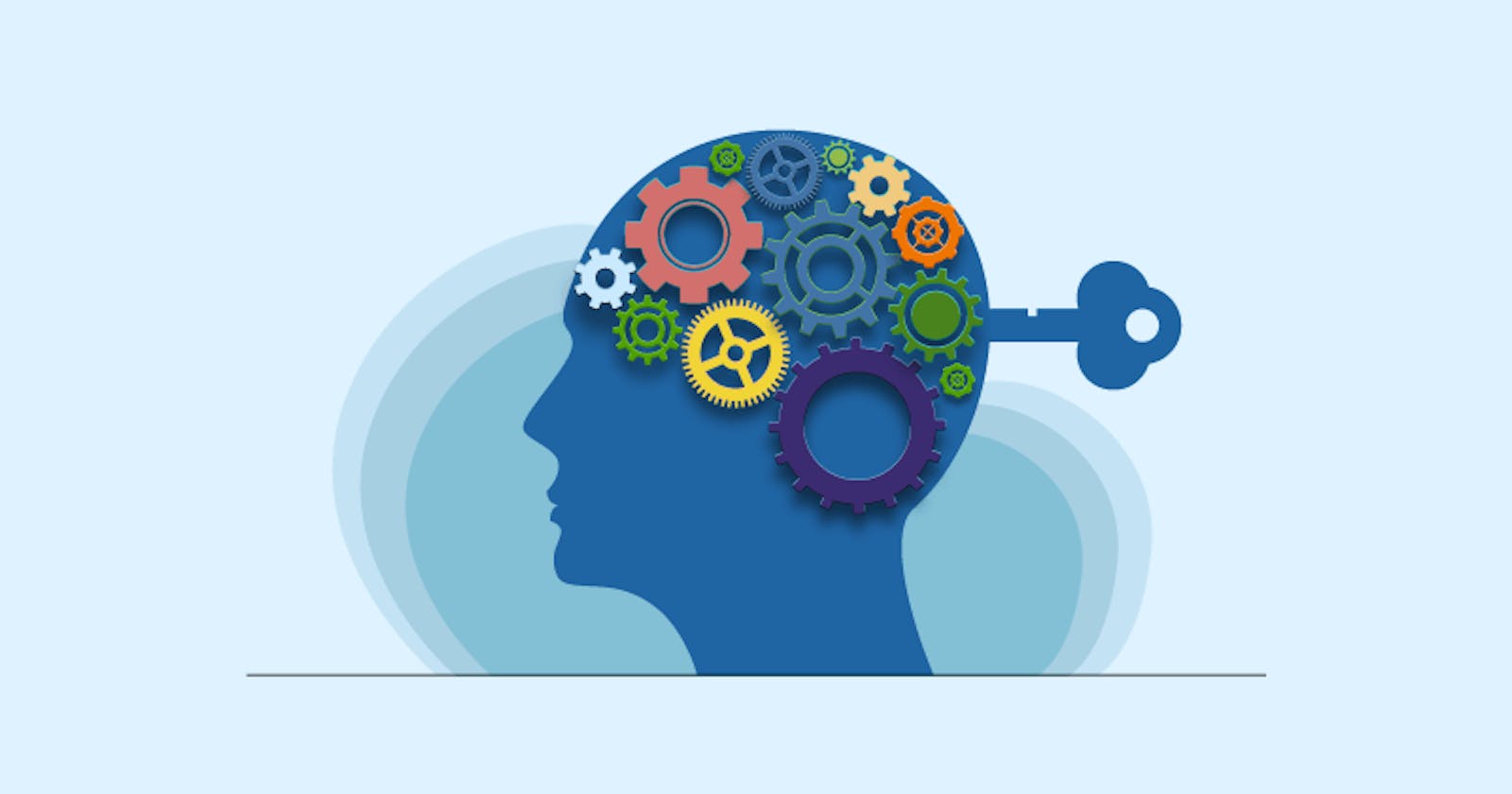Cognitive behavioral therapy (CBT) is a technique of evidence-based psychotherapy that can assist you in altering negative responses to challenging events, regardless of the severity of your problem, illness, anxiety, phobia, or addiction.
Read on to learn more about the goals and advantages of this treatment method.
Cognitive Behavioral Therapy Practice
To better handle complicated life situations, many people seek out this psychotherapy technique, in which they engage in a very regimented manner with a professional and trusted therapist.
The emphasis is on helping people learn to control their negative emotions, habits, and cognitive patterns so that they can heal and become cheerful. It focuses on finding solutions, with many therapists educating patients to question false beliefs and alter unhelpful patterns of behavior.
As a form of treatment, this technique may assist with a variety of mental health issues:
Depression\sAnxiety
Sleep & eating disorders
Obsessive-compulsive disorder (OCD)
Bipolar disorders
Phobias
Affective Disorders Related to Trauma
Schizophrenia, etc.
Enroll for cognitive behavioral therapy certification online to learn more.
Do You Really Need CBT?
Cognitive behavioral therapy (CBT), like any other form of treatment, can be helpful for some people but may not work as well for others. CBT is most useful when the effects of medicine alone are insufficient to address a patient's response.
As a bonus, it may be completed in a short amount of time, making it useful in a variety of treatment contexts, from online to group sessions and in preparation for time-sensitive situations or experiences.
The effectiveness of this activity might also be influenced by the individual's drive to acquire and employ valuable techniques.
Join a CBT certificate course to get further in-depth of the practices involved.
What Can You Expect in A Usual CBT Session?
Given that this is a type of psychotherapy, the preliminary sessions will likely look and feel like any other first-time patient walks into a therapist's office. This includes
the therapist asking you about your reasons for seeking help,
reviewing your medical history, and
discussing the issues, you hope to address through therapy.
The goal of gathering & analyzing all of this information upfront is to help you develop a plan for how to handle challenging situations during each session.
Conclusion
Mental health problems of all stripes can benefit from the CBT treatment method. It can be tried alone or in tandem with other therapies.
If you're interested in learning more about this, visit Cudoo to explore comprehensive psychology online courses with certificate now.

